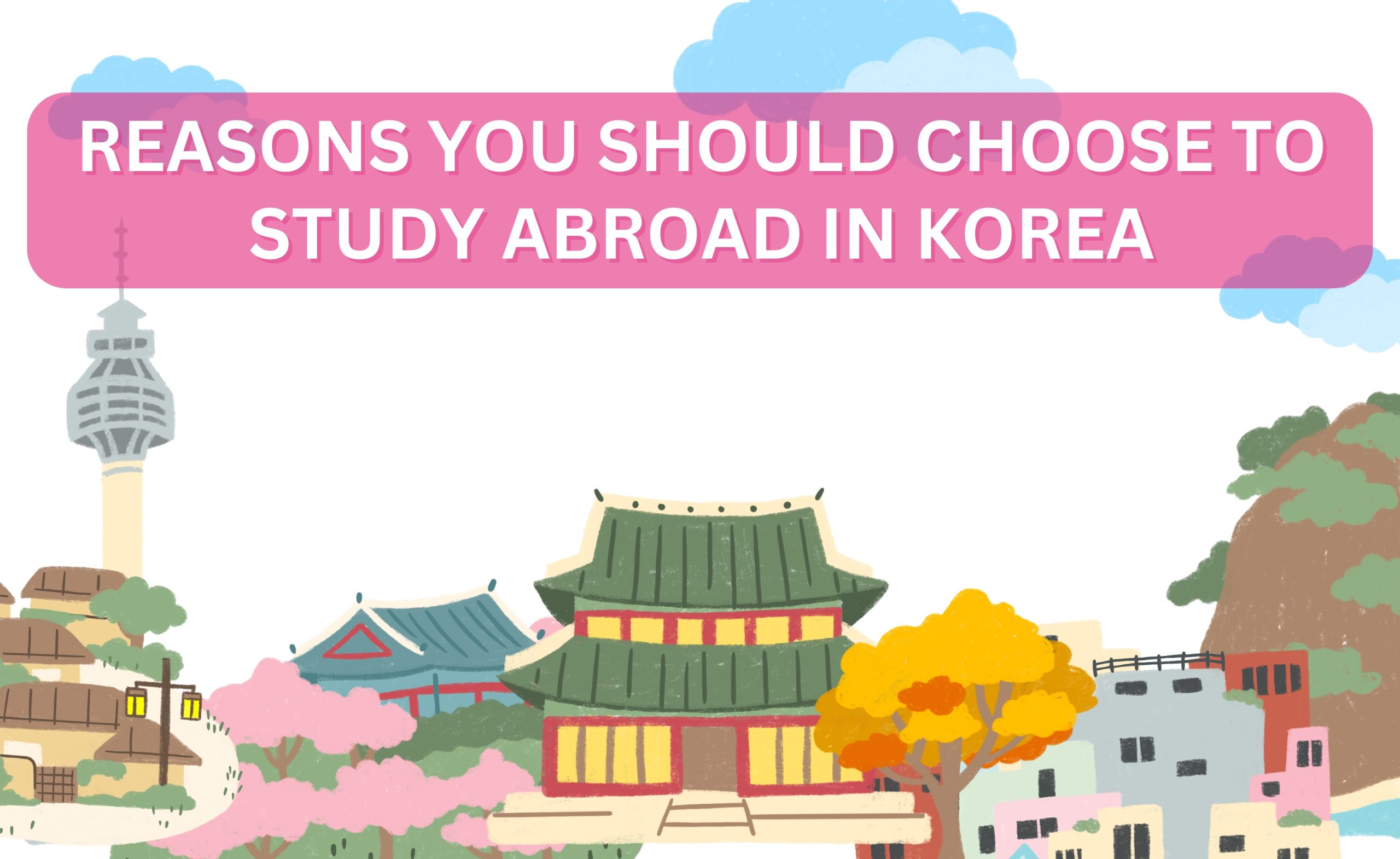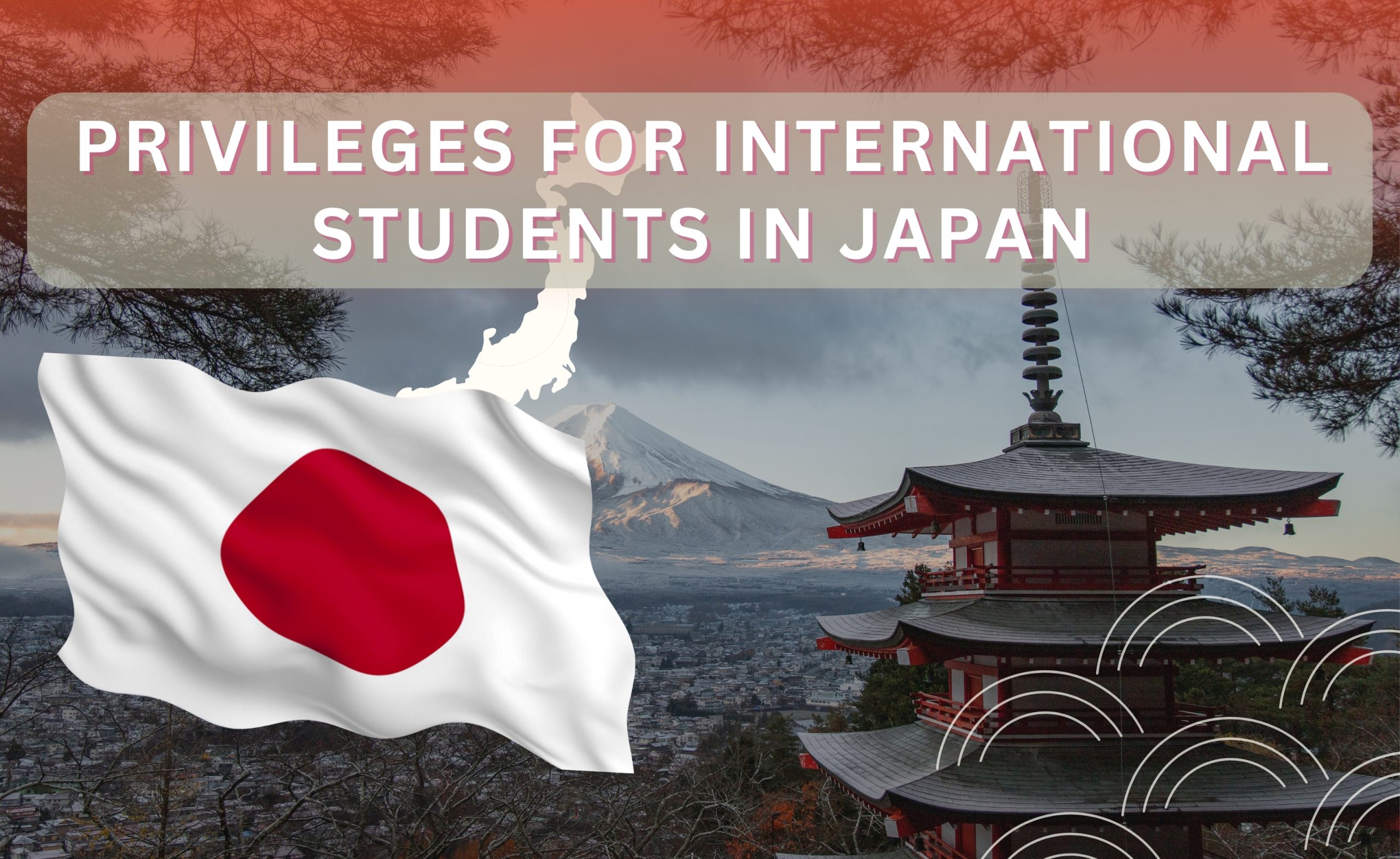TIPS FOR RECRUITING VIETNAMESE STUDENTS
According to data from the Ministry of Education and Training (MOET) of Vietnam, nearly 190,000 Vietnamese students were studying abroad during the 2019-2020 academic year. Vietnam ranks sixth globally in sending students to the United States for higher education, with 23,777 students, following China, India, South Korea, Saudi Arabia, and Canada, according to the Institute of International Education’s Open Doors report in 2020.
1. THE 5 FACTORS INFLUENCING VIETNAMESE STUDENTS’ STUDY ABROAD DECISIONS

- Affordability: Consideration of reasonable tuition fees and cost of living.
- Academic Fit: Alignment of study areas with students’ interests, capabilities, and career goals. For example, the United States is known for computer science and STEM subjects, while the UK is renowned for medicine and law.
- Safety and Environment: Preference for schools located in safe environments without discrimination, preferably close to family.
- School Reputation: Consideration of school rankings, both nationally and internationally, for chosen majors.
- Post-Graduation Opportunities: Evaluation of internships, job prospects, and the duration of Optional Practical Training (OPT) periods.
2. POPULAR FIELDS OF STUDY FOR VIETNAMESE STUDENTS ABROAD

- Business and Social Sciences: Business Administration, Marketing, Finance, Accounting, Hospitality.
- STEM Fields: Computer Science, Mechanical Engineering, Chemistry, Pharmacy, Health Sciences.
3. CHALLENGES FACED BY VIETNAMESE STUDENTS

- Language Barrier: Hinders integration within academic and community settings, impacting cultural experiences.
- Financial Constraints: Challenges related to study and living expenses during their time abroad.
- Social Adaptation: Difficulty accessing or utilising available opportunities effectively in foreign countries.
- Internship and Job Opportunities: Limited acceptance of foreign students by employers.
4. SCHOLARSHIPS & FINANCIAL AID

- Wealthy Families: Students from affluent backgrounds may study abroad without scholarships but value earning them.
- Middle-Class Families: Afford lower-ranking schools but prefer scholarships from prestigious universities.
- Lower-Class Families: Depend on scholarships and financial aid to pursue studies abroad.
At HHD Academy, we assist students in overcoming language barriers by not only enhancing language skills but also fostering cultural understanding. We prepare students not just for academic success but also for thriving in campus life.










